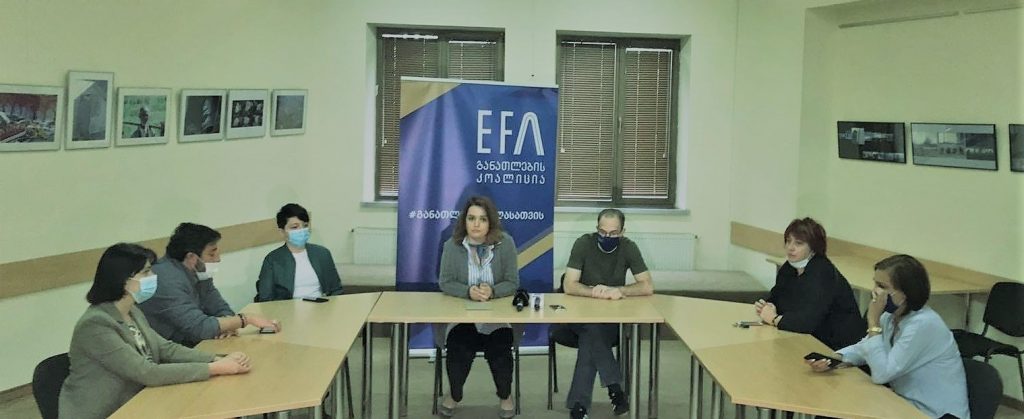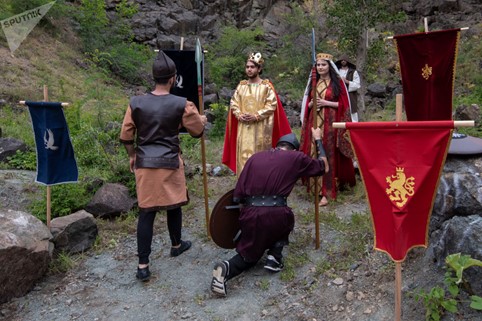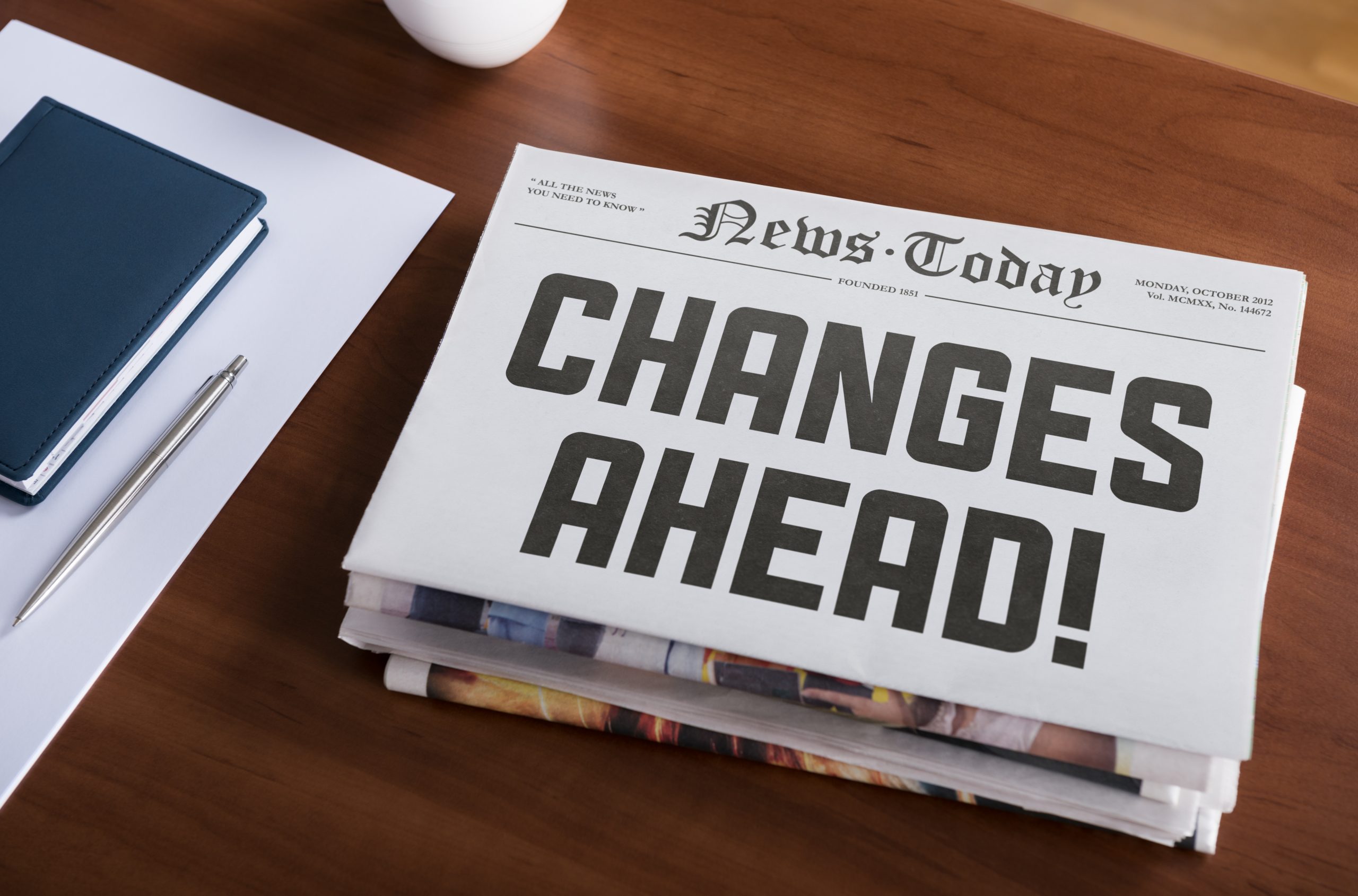by George Chanturia, Local Correspondent from Georgia.
With the elections finally over, one would think that the political situation would cool off, however, unfortunately, it is still intense. Obviously, as a vibrant democracy, we have always had problems to have free and fair elections. According to different sources and observation missions, the ruling parties always used administrative resources to support their cause and win in elections.
Education was not an exception, too. Education was always influenced by the political parties for their own purpose. Officially, there are more than 3 million voters and 60,000 out them are teachers. Besides, schools represent cultural centers in the regions where all the information is accumulated and disseminated. It is symbolic that elections are held in schools and in many cases, teachers are the ones who are supervising that.
 For that reason and given the history of elections, CSOs have gathered to campaign for de-politicizing education. Up to 40 CSOs have signed the statement that urges the government and other political parties to leave schools out of elections and not to influence the system in that direction. Unfortunately, we have seen clear instances when school headmasters were requested to attend political gatherings. Even though, as a new law, teachers and school administration are not allowed to agitate politically during working hours. However, we are still far away to see that happen.
For that reason and given the history of elections, CSOs have gathered to campaign for de-politicizing education. Up to 40 CSOs have signed the statement that urges the government and other political parties to leave schools out of elections and not to influence the system in that direction. Unfortunately, we have seen clear instances when school headmasters were requested to attend political gatherings. Even though, as a new law, teachers and school administration are not allowed to agitate politically during working hours. However, we are still far away to see that happen.
With that in mind, it is unprecedented that the public commission has been created comprising of education specialists, journalists, human rights activists and other relevant figures. The role of the commission is to observe the situation and reflect as well as reveal and defend schools and education community from the political influence. Because of the fact that the commission is composed of people from different fields who are well known and recognized in the CSO sector and who represent different organizations, the campaign would use both the social as well as the traditional media in terms of advocacy. Moreover, direct communication with the education community such as teachers and school administration is an integral part of the campaign.
Lastly, any member of the school community would be able to appeal to the commission. Instead the commission would help them in terms of advocacy and media mobilization. The commission also actively cooperates with the observation missions such as the ones of Georgian Young Lawyers Association (GYLA) and International Society for Fair Elections and Democracy.
The campaign is administered by the Education Coalition that is preparing a special report by mid-December. It would be widely disseminated amongst the decision makers, CSOs and other stakeholders.
This article was produced by George Chanturia, the Project’s local correspondent and EaP Civil Society Fellow from Georgia in the framework of the EU-funded ‘Eastern Partnership Civil Society Facility – Regional Actions’ Project. Its contents are the sole responsibility of George Chanturia and do not necessarily reflect the views of the European Union or the Project. The photos are provided by the Local Correspondent.
Read more about our local correspondents here.




